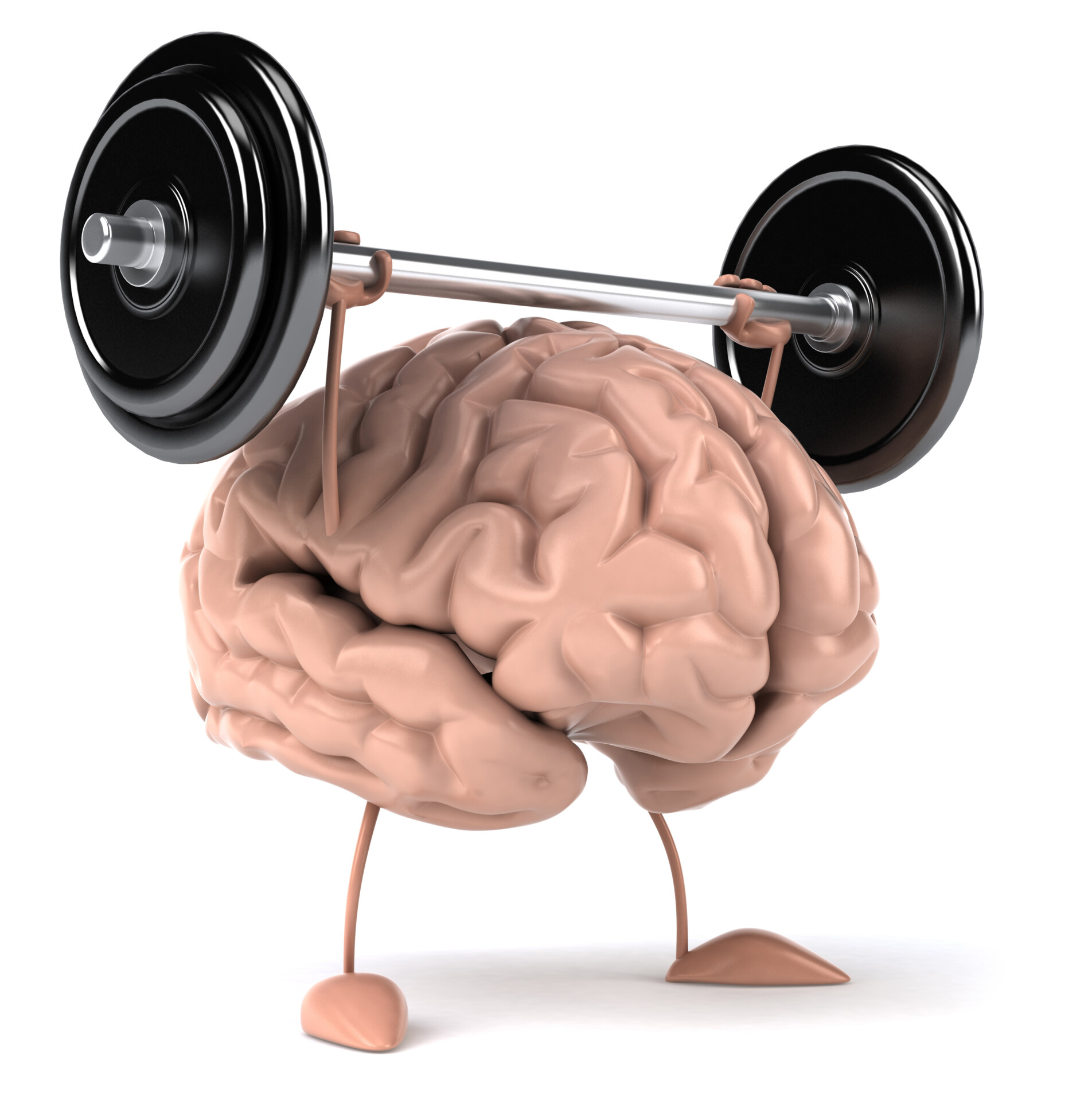“If exercise could be packed into a pill, it would be the single most widely prescribed and beneficial medicine in the nation.”
– Dr. Robert Butler, National Institute on Aging
Okay, so this is a HUGE topic…. I think it is the most important one I’ve ever had the opportunity to blog about. I can tell you with confidence from personal experience, client testimonials and the steady flow of new research being done that fitness and exercise has a profound impact on mental health.
The year 2020 has been a challenging year to say the least. If you’ve felt the effects of Covid-19 on your mental and physical health you’re not alone.
You may have seen your regular fitness fall through the cracks as the pandemic has forced many of us to work from home, or the unfortunate fact that your favourite group fitness studio or recreational team sports have come to a halt. Many people have experienced weight gain because of this – the dreaded “Covid-15”! More on that later..
It’s safe to say that with the added stress and feelings of uneasiness around the pandemic plus the lack of regular exercise many people have been experiencing higher than normal rates of anxiety and depression. A recent poll done by the Angus Reid Institue a Canadian foundation for independent research, states that 50% of Canadians reported worsening mental health since the pandemic began with many feeling worried (44%) and anxious (41%).
Okay! Enough with the dreary stats already! Here’s a sunnier one:
A recent study by the Harvard T.H. Chan School of Public Health states that walking for an hour or running for just 15 minutes can decrease your odds of becoming depressed by 26%. We like this stat.
What Can Exercise do for Your Mental Health
- Getting your heart rate up changes brain chemistry, increasing the availability of important anti-anxiety brain chemicals, including serotonin.
- Serotonin is just one of the brain chemicals responsible for your happiness. Exercise, especially getting the heart rate up can get these chemicals flowing intentionally!
- Exercise activates the frontal region of the brain and amygdala. The frontal lobe of your brain is responsible for cognitive skills like problem solving, emotions and memory. In turn this helps control the amygdala, the part of the brain where emotions are processed.
- Exercises increases your body’s production of endorphins and serotonin – see above. When you exercise, your body releases chemicals called endorphins. These endorphins interact with the receptors in your brain that reduce your perception of pain and stress.
- Exercise can offer a break from negative thoughts that feed drepression.
- Moving your body decreases muscle tension, lowering the body’s contribution to feeling anxious.
- A consistent fitness regime can have you feeling accomplished and with an overall sense of well-being.
- Exercise can promote all kinds of changes in the brain. This includes neural growth, reduced inflammation, and new activity patterns that promote feelings of calm.
The Canadian Association of Mental Health states that is very likely and even okay to feel worried and have some stress about the current situation. Along with staying in touch with loved ones and seeking formal help from a professional if needed they highly recommend exercise, sleeping and eating well to support your mental health.
Fitness as your Community
One of my favourite things I heard a client mention the other day was that when living in isolation due to the pandemic just the act of coming to the gym and saying hello to friendly familiar faces has been a game changer for her! Beyond fitness goals, community allows us to find a sense of belonging. It’s what can support us through some difficult moments
Training during a Pandemic
As mentioned above, the dreaded “Covid-15” has become a topic now too – the average weight gain during a quarantine is 3-15 lbs! Yikes! Thankfully Rep 1 Fitness is still operating with very safe Covid protocols in place. If you need help with your fitness right now – or if you think a loved one needs some motivation (Hey a gift card for personal training is a fabulous holiday gift idea!) contact us!
You already know that exercise is good for your body, but more and more research is telling us it can have a positive impact on mental health as well. Even the most modest amount of exercise has shown to improve emotions, sleep, stress levels and can even help you cope with depression and anxiety!
Let’s aim for 30 minutes of continual exercise on most days of the week.. Or better yet 150 minutes of moderate exercise (like a brisk walking) or 75 minutes of vigorous activity per week. Vigorous would be more like running, playing singles tennis or doing high intensity interval training. If you’re not sure where to start let one of us at Rep 1 help you!
Fitness is one great tool that will help carry us through these dark winter months during a pandemic!


